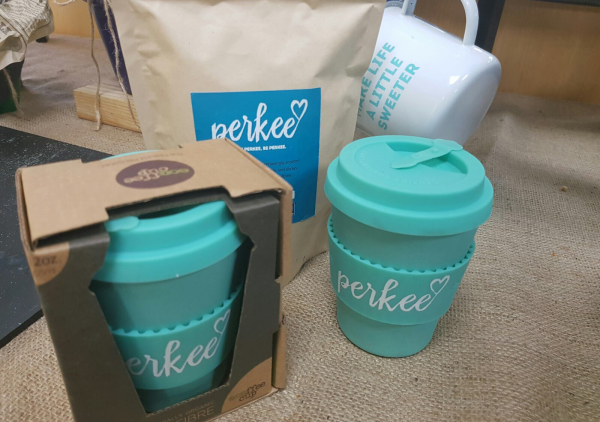
Research by Bewley’s and Cardiff University identifies measures that can help encourage the use of re-usable cups by coffee drinkers
The use of disposable coffee cups could be reduced by 50 – 300 million annually according to research announced today by leading coffee roaster Bewley’s. An estimated 2.5bn disposable coffee cups are used in the UK each year, creating approximately 25,000 tonnes of waste.
The research, conducted from September to December 2016 by Cardiff University on behalf of Bewley’s tested a range of measures that could encourage the use of re-usable coffee cups.
The research, conducted at a bartlett mitchell site as well as a number of universities, found that financial incentives, re-usable alternatives, and clear messaging reminding customers of the environmental impact of single use coffee cups all had a direct impact on consumer behaviour.
The study found that a charge on disposable cups increased the use of re-usable coffee cups by 3.4%, environmental messaging in cafes increased the use of re-usable coffee cups by 2.3%, the availability of re-usable cups led to an increase of 2.5%, and the distribution of free re-usable cups led to a further increase of 4.3 %.
Commenting on the results, Professor Wouter Poortinga of Cardiff University and author of the report said, “While the increases for individual measures were modest, the greatest behavioural change was when the measures were combined”.
The study found that the provision of free re-usable alternatives combined with clear environmental messaging and a charge on disposable cups increased the use of reusable cups from 5.1% to 17.4%.
“Our results show that, on average, the use of reusable coffee cups could be increased by up to 12.5% with a combination of measures. With this in mind, the UK’s usage of an estimated 2.5bn disposable coffee cups each year could be cut by up to 300 million coffee cups,” Professor Poortinga continued.
The most notable finding was that, while a charge on disposable cups increased the use of re-usable coffee cups, a discount on re-usable coffee cups had no impact on their usage.
Professor Poortinga said, “There is an important nuance when it comes to financial incentives. People are far more sensitive to losses than to gains when making decisions – so if we really want to change a customer’s behaviour then a charge on a disposable cup is more likely to be effective”.
As one of the largest foodservice coffee business in the UK & Ireland, Bewley’s has been working with industry partners on the sustainability of coffee cups for some time. Louise Whitaker, head of marketing at Bewley’s UK, said, “There is a huge amount of waste being sent to landfill each year and promoting reusable cups is part of the solution”.
While it may be difficult to persuade customers to change the way they drink their daily cup of coffee or tea, companies have a responsibility to play their part in solving the coffee cup waste problem.
Louise Whitaker of Bewley’s continued, “As a company we are committed to working with our cup providers and customers to provide a solution to the problem. The research is a really useful step forward in knowing how best to steer people towards bringing their own cups.”
Lin Dickens, marketing director, bartlett mitchell, added: “The results of the analysis really demonstrate that the industry needs to pull together to find alternative solutions to the packaging and how they source their materials. The experiment showed that simple changes can have a significant impact. Whilst operational challenges such as washing and storing reusable cups need to be factored in, we collectively need to start making these changes immediately.”
The findings of the research will be submitted to the Government’s Inquiry into Coffee Cup Waste.
Share on:
Marketing Director
More from Lin Dickens